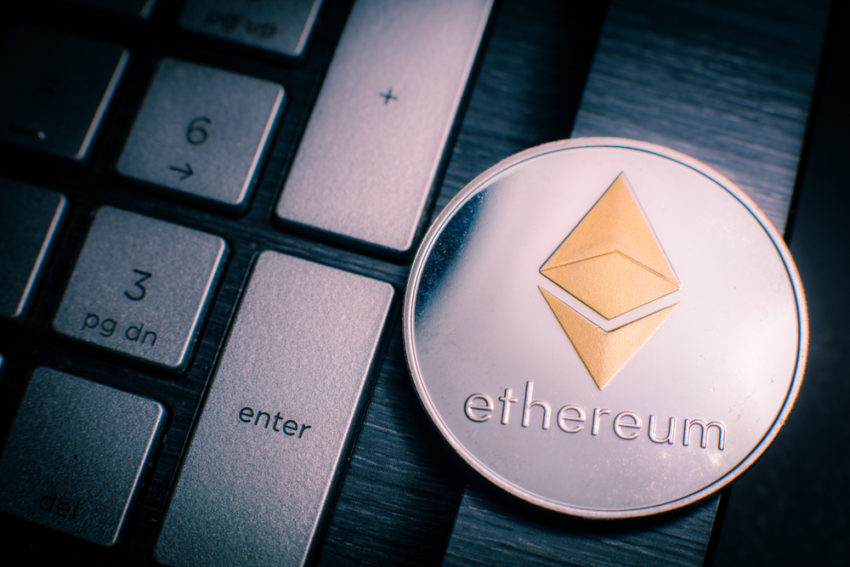The beta version of Primex service was set up on the Ethereum network. The Testnet for Ethereum is now hosting the Primex beta.
The release details
The team’s press release lists the Primex beta’s brand-new properties, which include redistributed spot trading with no leverage. Users can use this feature to place various orders, such as limit, stop-loss, and take-profit orders.
Another recently launched feature is called Primex Splitter, which divides token exchanges among several DEXs to address traders’ slippage issues and streamline and reduce trading costs.
The Primex team also disclosed that the new beta version of Primex will include a number of new features, including stop loss, take profit, price limit, wide-open point and command alteration, where traders can modify leveraging on unprotected bids and other centralized features.
The new features
Some of the other exchange features, according to the company, are also supported. Decentralized order execution WalletConnect support, multiple languages (currently seven), and the integrating of 2 brand-new redistributed trading protocols are also included in Primex Beta, which also gives users more cryptocurrency wallet options.
In addition to Curve and Balancer, Primex Beta has Uniswap pool v3 integrated with a range of rates.
Despite the significant progress DeFi has made in recent years, most protocols in this field only offer a small selection of assets to users who want to margin derivatives, and a sizable portion of DEXs continue to use concentrated commerce executing systems.
According to Primex, its business performance system is completely redistributed, enabling traders to conduct different operations on a DEX in the same way they would on a traditional centralized exchange. Co-founder and CEO of Primex Vlad Kostanda commented on this development.
The team is one step closer to launching the Primex core network with this new update, which also enhances protocol performance.
In place of a centered command publication, Primex claims it will use a system of “custodians” to automatically execute trades and uphold spreading through the transaction cycle.
The total blockchain value (TVL) in the global DeFi space, according to DeFi Pulse, was $26 as of the time of publication.

